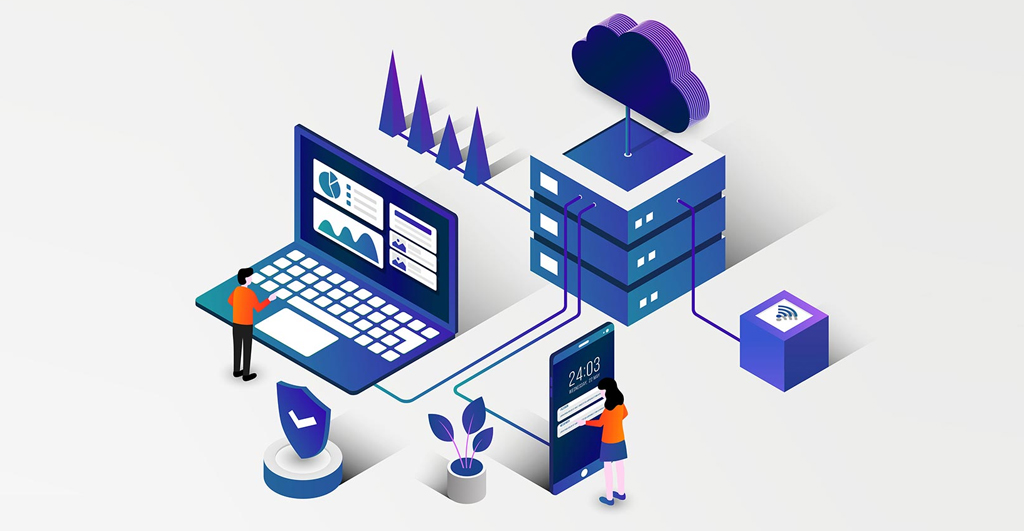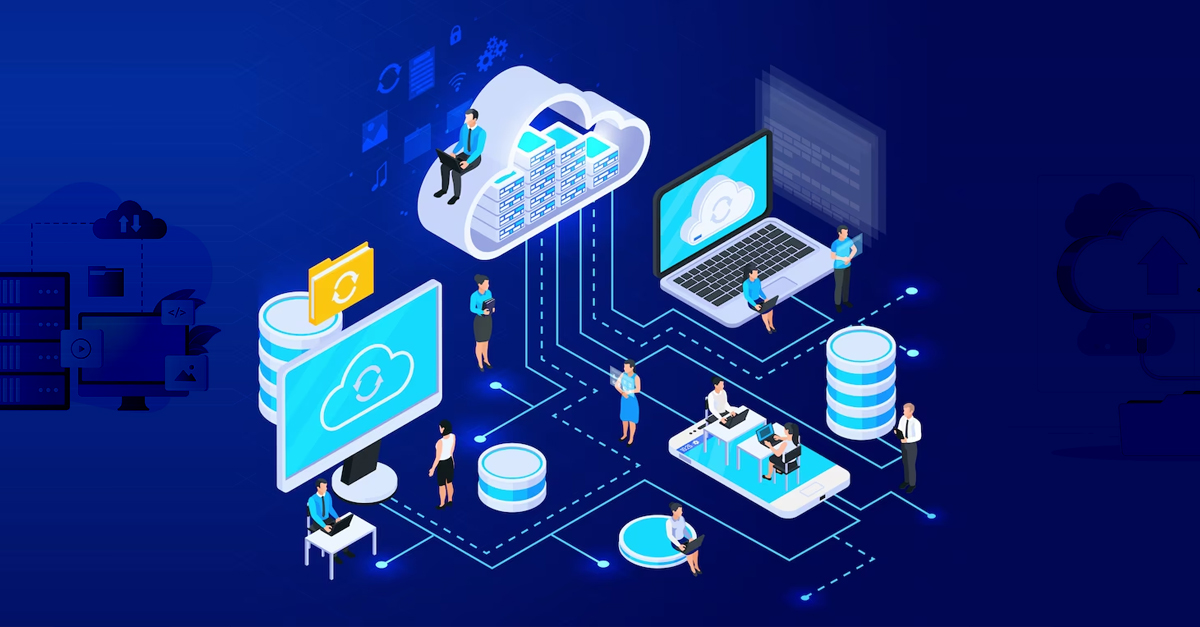
It is very true when our grandparents say that the world did not change as fast as today.
And we can say that because the evolving trend diminishes or “becomes boring” if it is not updated regularly.
But that is certainly not true for Cloud Services.
Cloud computing has come a long way since its inception and continues to dominate the market. In fact, by 2025, over 100 zettabytes of data will be stored in the cloud. In the same year, the total global data storage will exceed 200 zettabytes of data, meaning that around half will be stored in the cloud. By comparison, only 25 percent of all computing data was held this way in 2015.
So after knowing these facts, we delved into understanding the future of cloud computing. After tedious research, we have listed five prominent trends and predictions about cloud computing.
Read further to know more.
5 Prominent Trends For Cloud Computing
Cloud computing is trending for the right reasons, and we entirely support it. These trends have made us want more and look forward to the glorious future of cloud computing.
5 Prominent Predictions of Cloud Computing
Metaphorically speaking, the cloud is shining like a star, and the shine will brighten up in the coming times. So let us see the predictions for cloud computing that made it to our list.
To Sum It All Up.
In the future, we expect to see continued growth in cloud adoption, with more businesses of all sizes adopting cloud services. Hybrid cloud models that combine public and private cloud infrastructure are likely to become even more popular, as are edge computing and the use of artificial intelligence and machine learning. However, with the increasing use of cloud computing, security concerns will become even more critical. Organizations will need to continue to adopt various strategies to ensure the security of their cloud environments.
We generally say the future is unpredictable, but in the case of cloud computing, the future looks bright and promising. It has already revolutionized how organizations store, process, and access data, and it is expected to continue in the coming years.



